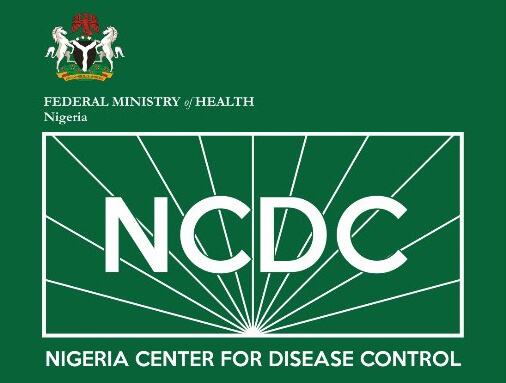We Will Continue to Encourage Routine Testing With Infectious Diseases- NCDC

Following the declaration by the World Health Organisation’s (WHO) that COVID-19 is no longer a Public Health Emergency of International Concern, the Nigeria Centre for Disease Control and Prevention (NCDC) said it was transiting the country from acute emergency response to managing COVID-19 as part of integrated healthcare delivery for all infectious diseases.
Taking to their official website on Monday, said Nigeria had already de-escalated its COVID-19 response since 2022 in response to local epidemiology, and focused on encouraging COVID-19 vaccination and recommended discretionary use of face masks and other public health safety measures according to personal risk assessments.
The Nigeria Public Health Institute said that the move was complemented by efforts to leverage the pandemic response (lessons, resources, partnerships, etc.) to improve national health security.
“As part of its integrated disease surveillance strategy, the NCDC continues to encourage routine COVID-19 testing along with other infectious diseases as may be indicated in healthcare settings.
This is part of clinical care for pandemic flu preparedness, as part of bidirectional testing during investigations for HIV/AIDS, Tuberculosis and malaria, and in high-risk populations.
“Working with partners, the NCDC is also piloting pan-respiratory virus surveillance which is aligned with WHO’s recently declared preparedness and resilience for emerging threats (PRET) initiative,” it said.
The NCDC said that as part of the genomic surveillance, the centre would introduce wastewater/environmental surveillance to track not just SARS-CoV-2 but antimicrobial resistance, Mpox and typhoid (salmonella).
“Finally, we continue to work on consolidating COVID-19 pandemic laboratory investments into a cohesive tiered national network of public health laboratories as prescribed in the NCDC Act (2018).
“With the continued emergence and re-emergence of infectious diseases, our frequent and often concurrent disease outbreaks and public health investments made during the pandemic to ensure health security in the country will need to be sustained,” it explained.








